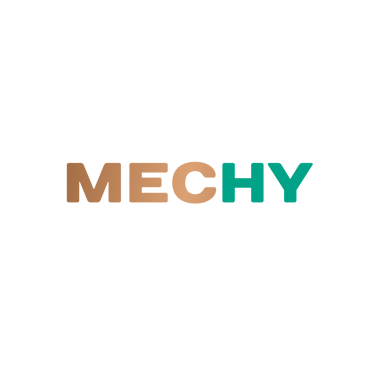Comprehensive Waste Handling: From Wet & Dry to Textile, E-Waste and More To Reduce Landfill Burden
9/24/20252 min read


🌍 Building a Zero-Waste Eco-System
When most people think of waste management, the usual categories that come to mind are wet waste and dry waste. Wet waste generally includes food scraps, vegetable peels, and other organic matter, while dry waste covers items like paper, plastic, cartons, and recyclables. While this classification is useful, it is no longer enough for modern cities and gated communities where the variety of waste being generated every day is far more complex. Restricting segregation to just two categories creates inefficiencies in recycling and leads to the mixing of sensitive and hazardous items with regular household garbage.
At MecHy Machines, we are taking a smarter approach to waste management in any Multi-Storey Buildings. Our systems are designed not just for daily wet and dry waste but for handling multiple streams such as textiles, e-waste, medical and sanitary waste, glass, hazardous materials, and much more. By integrating technology and sustainable practices, our goal is to make segregation at source seamless and effective, creating a cleaner and safer environment for all.
One major area of concern today is textile waste, which includes old clothes, fabric scraps, and upholstery. With changing fashion cycles and fast consumer trends, textile waste is piling up in landfills. Our system ensures that the provision is made to separate out at the source itself and directed to recyclers who can repurpose or up-cycle it. Similarly, electronic waste (e-waste)—from gadgets, chargers, batteries, to cables—requires careful handling as it contains harmful toxins. Instead of being mixed with general waste, our system channels e-waste towards certified recyclers, protecting soil and water from contamination.
Medical and sanitary waste are also critical categories. Items such as expired medicines, syringes, bandages, diapers, and sanitary pads must be treated differently from daily garbage. If mixed with normal waste, they pose serious risks of infection and environmental pollution. MecHy’s system allows for separate collection and disposal of these wastes, ensuring hygiene and safety for both individuals and the community. Likewise, hazardous waste like paint cans, solvents, and pesticides may appear harmless in small quantities but can be extremely damaging if dumped into landfills. Our technology enables their proper segregation and safe disposal, reducing risks significantly.
Other important waste streams include glass waste such as bottles, jars, and broken mirrors—that is 100% recyclable when collected separately.
The advantage of this approach is clear. Unlike traditional systems where everything is collected together and later sorted, often improperly, our tech-enabled systems and smart segregation methods ensure enhanced classification right at the source. This reduces contamination, improves recycling rates, and ensures that sensitive waste streams are handled with care. By reducing the load on landfills and encouraging recycling, communities not only protect the environment but also contribute towards the larger vision of sustainable urban living.
At MecHy Machines, we believe that smarter segregation leads to better recycling and a cleaner India. With initiatives like the Swachh Bharat Mission and the growing need for zero-waste cities, our solutions are designed to help societies, corporates, and institutions adopt a forward-looking waste management model. By going beyond wet and dry waste, we are moving closer to a system where every type of waste is valued, recycled, and repurposed for a sustainable future.
Connect with us for details:
📞 +91-8884388243
